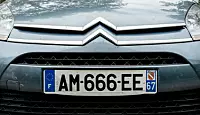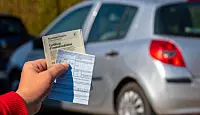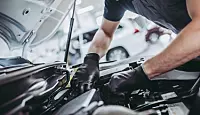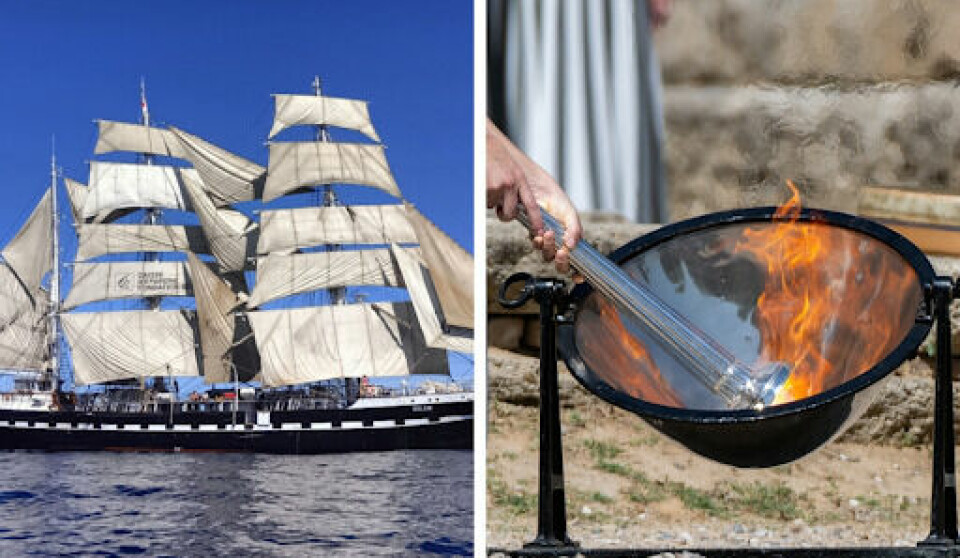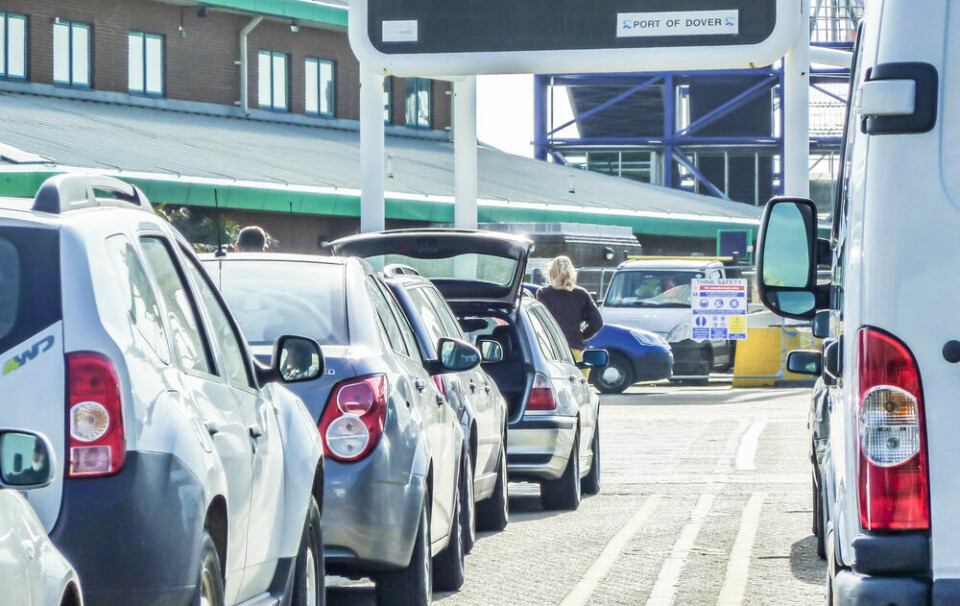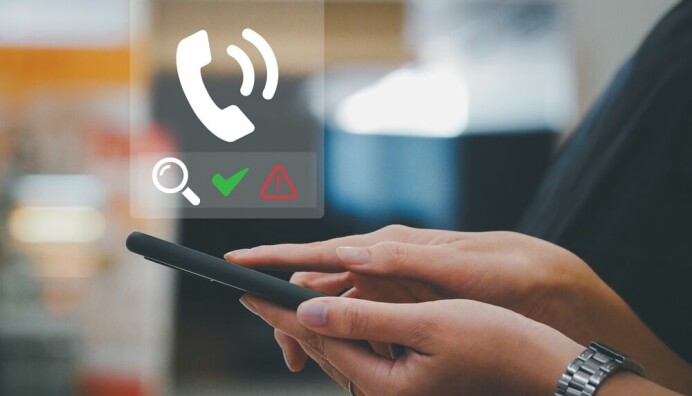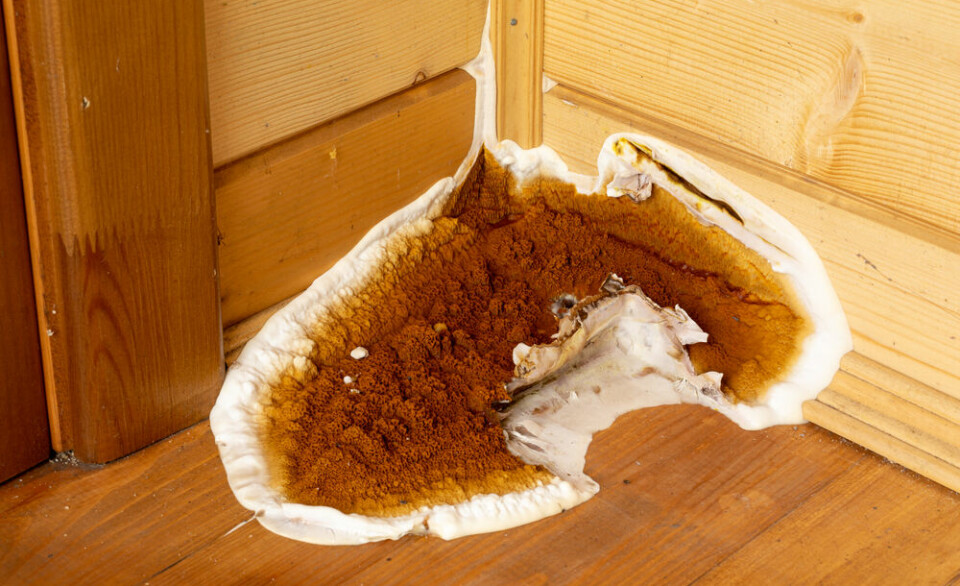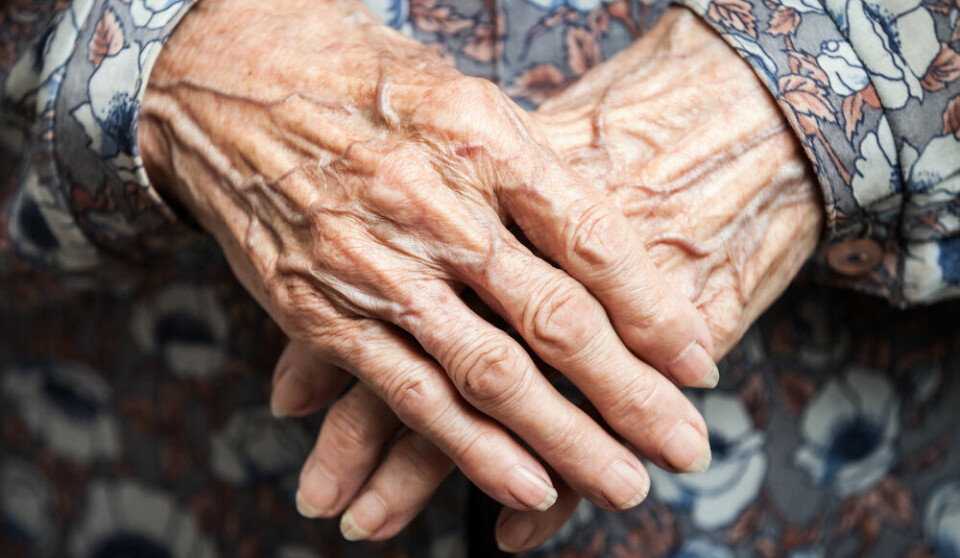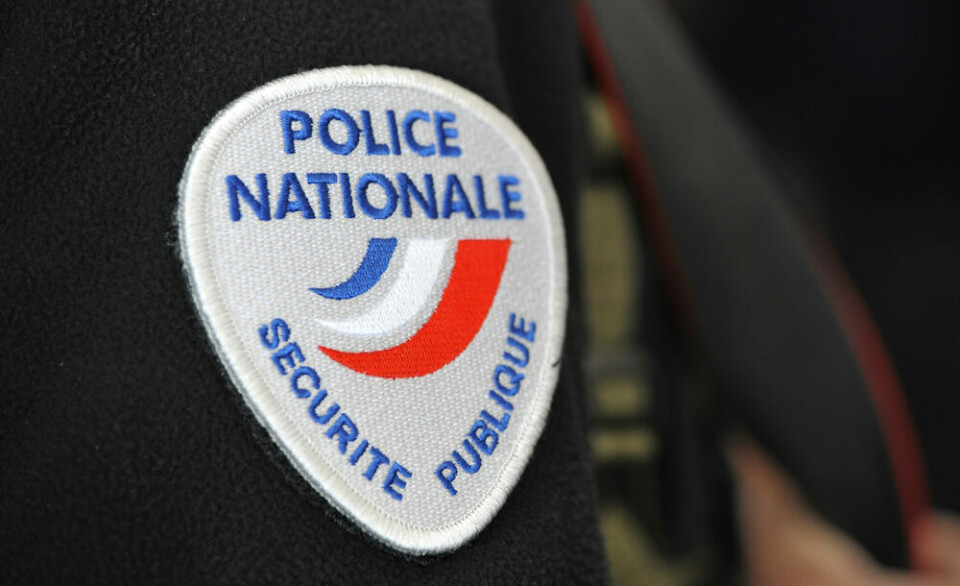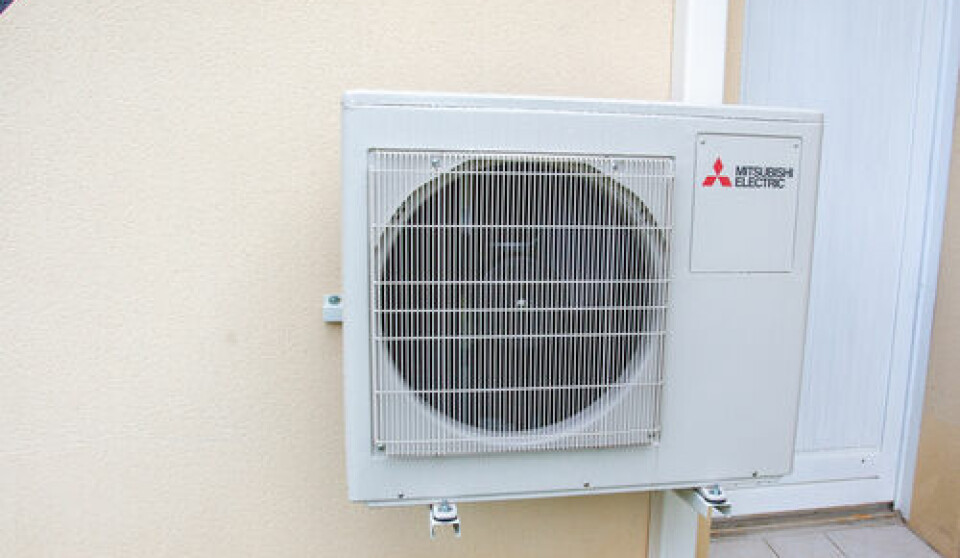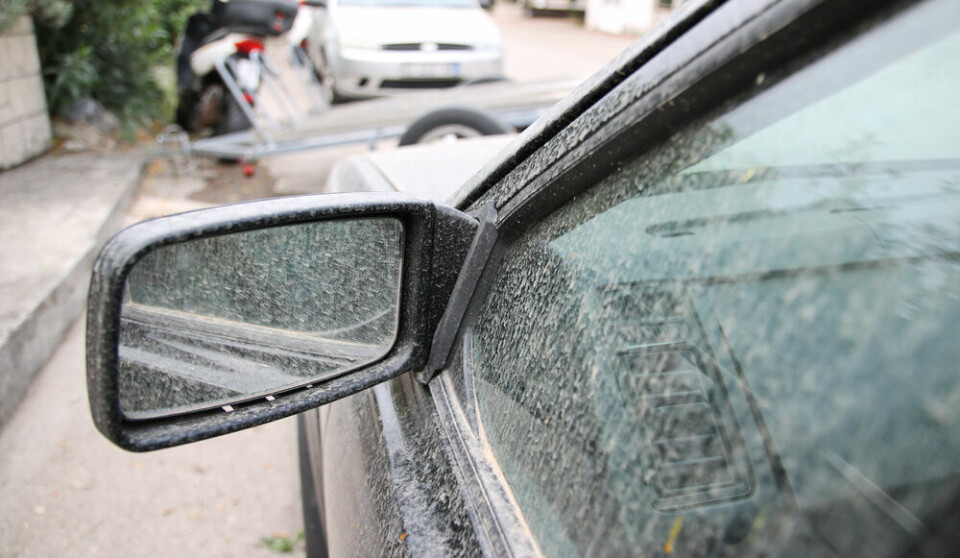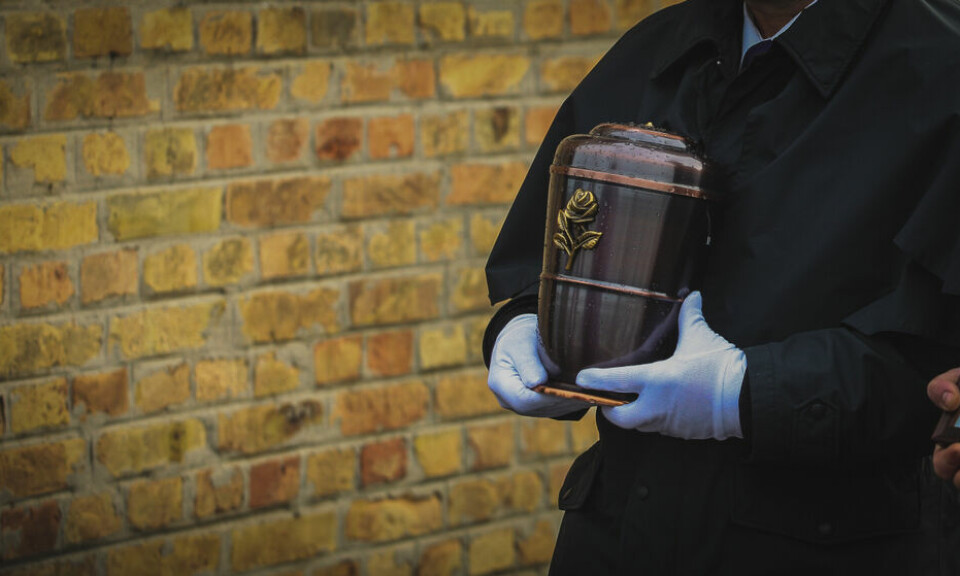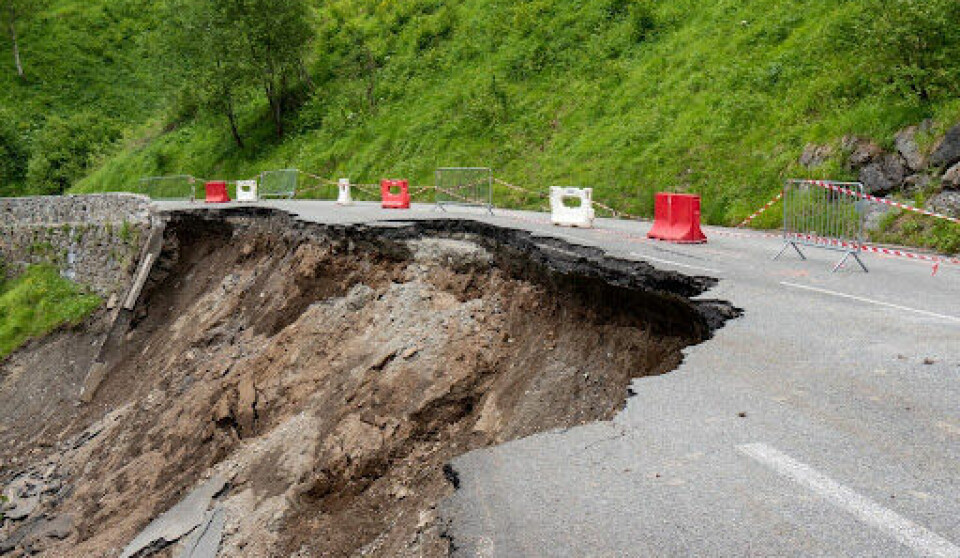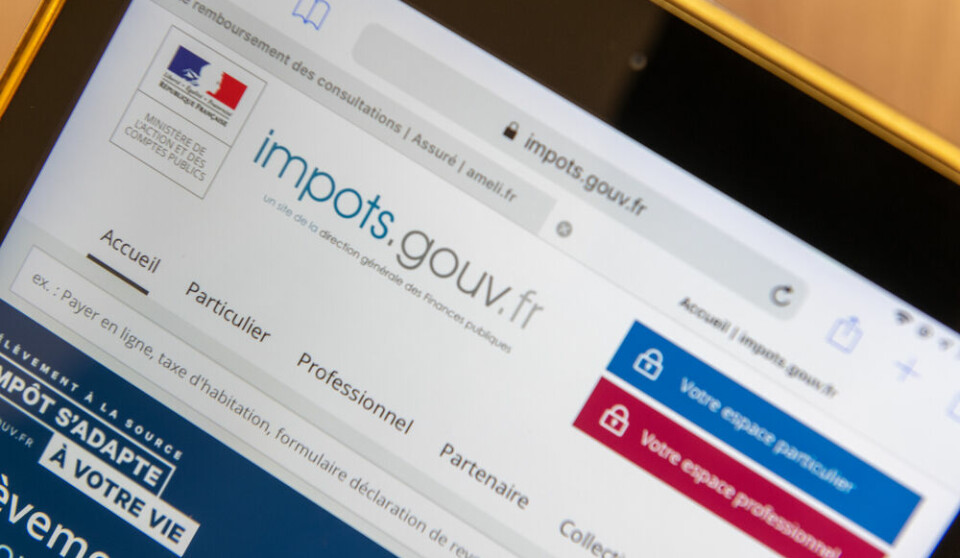-
Can I change the number plate on my French car?
Number plates contain information including a department code and regional logo
-
Number plate fraud: thousands of drivers a year fall victim in France
Fraudsters use fake plates to rack up speeding and parking fines which are then sent to car’s real owner
-
Where in France is it cheapest to repair a car?
10 departments come in well under the national average
How do you sell a second-hand car in France?
Selling a used car in France involves considerable paperwork, including ensuring the registration and roadworthiness tests are up to date
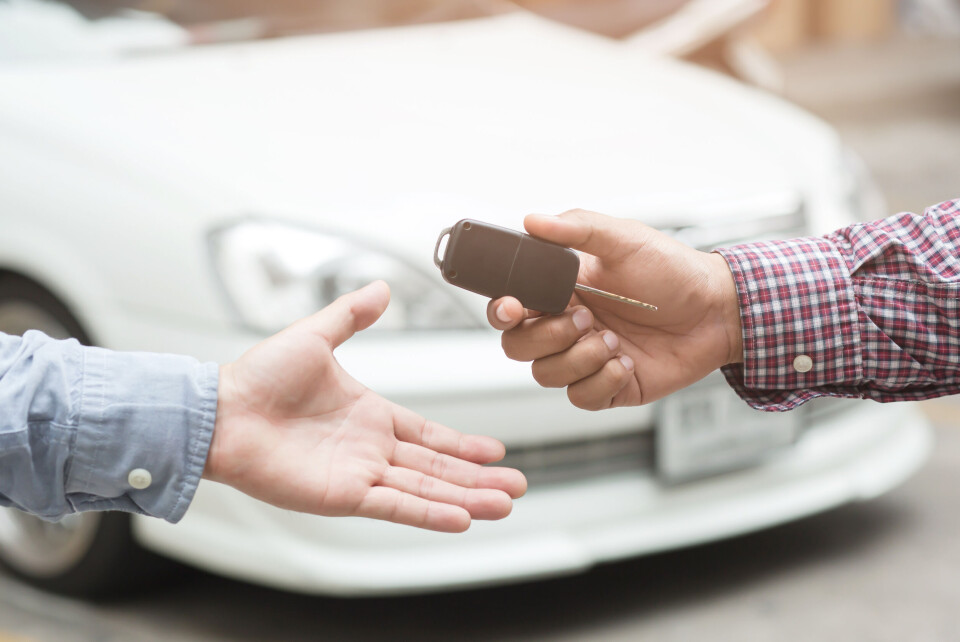
Reader question: I want to sell my second-hand car because I’m moving back to the UK. Is the process any different?
When selling your second hand car in France, the process can be fairly rigid, and may involve more paperwork compared to other countries.
One of our team has recently sold their car and has first-hand experience of the process. His experience has been incorporated into the answer.
Please note the information below is for selling a second-hand car, not a 'new' car of which you were the first owner.
Dealership or privately?
The first thing to decide is whether you want to sell your car yourself, or let a dealership handle the process.
With the former, you will be required to complete the bulk of the paperwork, but should receive more money at the end of it, whilst if you go through a dealership the opposite may be the case – less paperwork, but less money.
On average you will receive less when selling through a dealership, although they will take care of most of the formalities shown below.
They will also often buy vehicles regardless of the number of kilometres driven, or with some partial damage. However they are not under an obligation to buy and it can be difficult to negotiate higher than the initial price they offer.
You can subscribe to an online second-hand car site such as Argus to see how much similar cars to yours typically sell for to help with your decision whether or not to sell privately.
Paperwork must be in order
To sell your car, you must make sure that the carte grise (formerly the certificat d'immatriculation, or vehicle registration certificate) is in your name.
If the car is older than four years, it must also have passed a contrôle technique (mandatory roadworthiness test) within the last six months - you can book another if not.
The certificate must be given to the buyer when they purchase the car, and you must also hand over a Certificat de situation administrative.
You can ask for one of these using the HistoVec website, and you must get it no later than 15 days before the car is sold. It may be best to wait until you have a buyer confirmed before acquiring the form.
You can also use this website for a history of the vehicle (where it was first registered, past owners etc), which will help answer potential buyer’s questions about the car. This can be obtained via HistoVec.
Read more: How do you register a used car in France?
When the sale is made, you will need to complete a cerfa 15776*02 form as the buyer, and let your insurance company know that you have sold your vehicle.
You will also need to write over the carte grise to say the vehicle has been sold, giving the date of the sale.
Some extra tips
A non-paperwork tip relates to test drives – most people may ask to take the car for a quick spin, but you should make sure they are insured to do so beforehand, and that you are in the vehicle with them during the drive.
Also consider how you will receive secure payment for the car, for example via a bank transfer where you can ensure receipt of cleared funds before you hand the keys over.
Another option is to ask the buyer to use a Cheque de Banque – you can read more about this here.
Related articles
Six tips for a safe and enjoyable French road trip this summer
France’s vehicle safety checks are changing. Here is how
